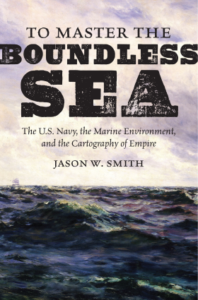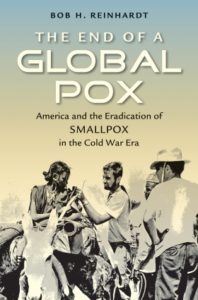Flows, Migrations, and Exchanges publishes works of environmental history that explore the cross-border movements of organisms and materials that have shaped the modern world, as well as the varied human attempts to understand, regulate, and manage these movements. Work on such topics constitutes an increasingly important area of study within the very lively field of environmental history. The series will highlight the significance of this emerging body of scholarship; and the juxtaposition of such work in the series should illuminate theoretical and methodological  commonalities among projects the might not otherwise be in conversation with each other.
commonalities among projects the might not otherwise be in conversation with each other.
Publications in this series will also encompass research that crosses the boundaries between species. Most organisms other than humans know no nation, but the movements of some of them have had a profound effect on the fates of people and the nations they construct. Other organisms have been transported around the globe by humans (by design or by accident). Ideas about environment, environmental movements, the exploitation of resources, and some developments in environmental institutions and politics have always moved across national borders. Sciences of nature have often promoted the transcendence of these borders at the same time that they have served to reinforce them. Flows, Migrations, and Exchanges will publish work that engages and extends these fields of inquiry.
Although the series will emphasize scholarship whose analysis is transnational in scope, it will also include scholarship that explores movement across intranational boundaries. The core discipline of the series will be environmental history, but authors might also engage with scholarship in such allied fields as agricultural and rural development history, urban history, political ecology, the history of science and technology, historical geography, and natural resource policy.
For more information and to view upcoming books in the series, please visit The University of North Carolina Press series page.





